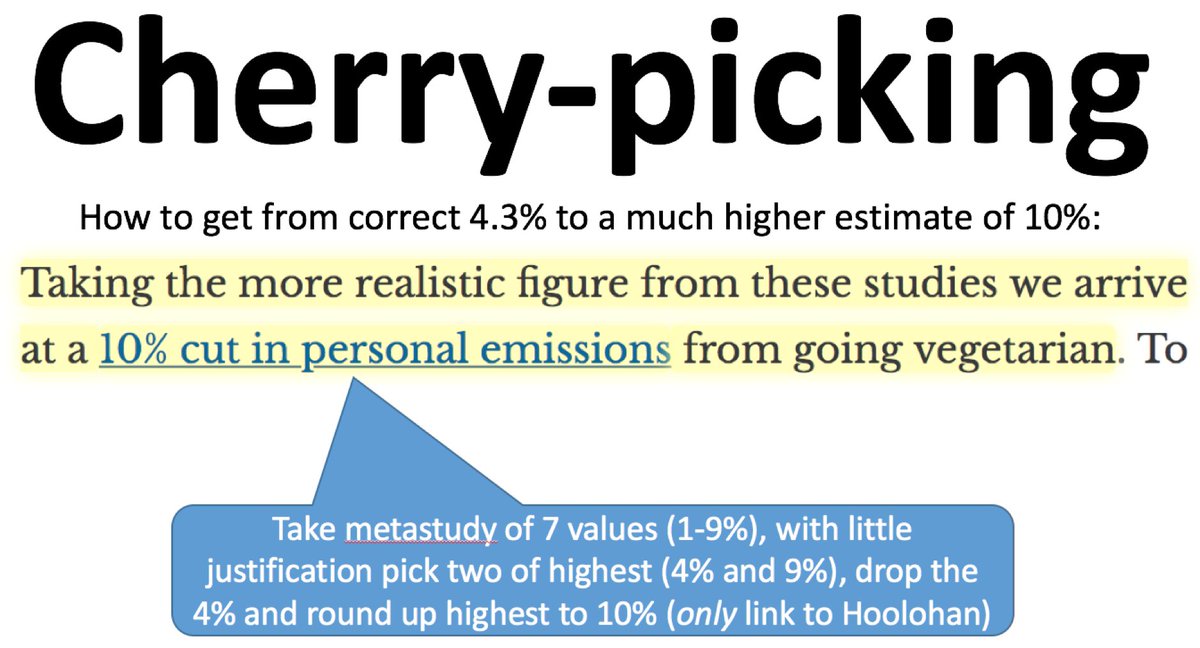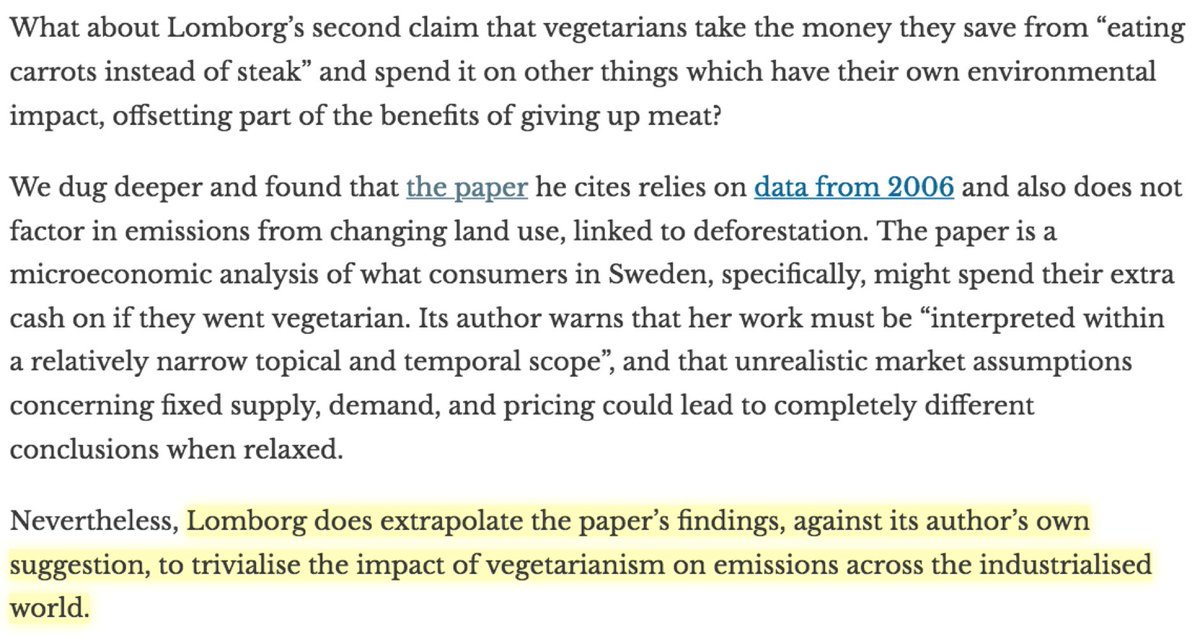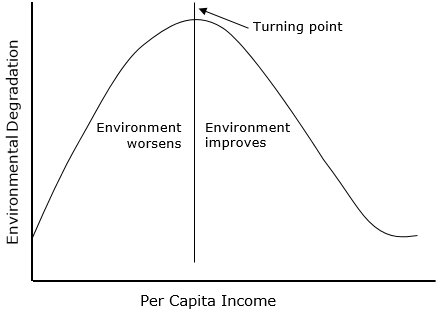nypost.com/2018/10/22/no-…
sciencedirect.com/science/articl…

One Swedish study finds this most likely to halve benefit to 2.1% rather than 4.15% (192kgCO₂e rebound)
sciencedirect.com/science/articl…
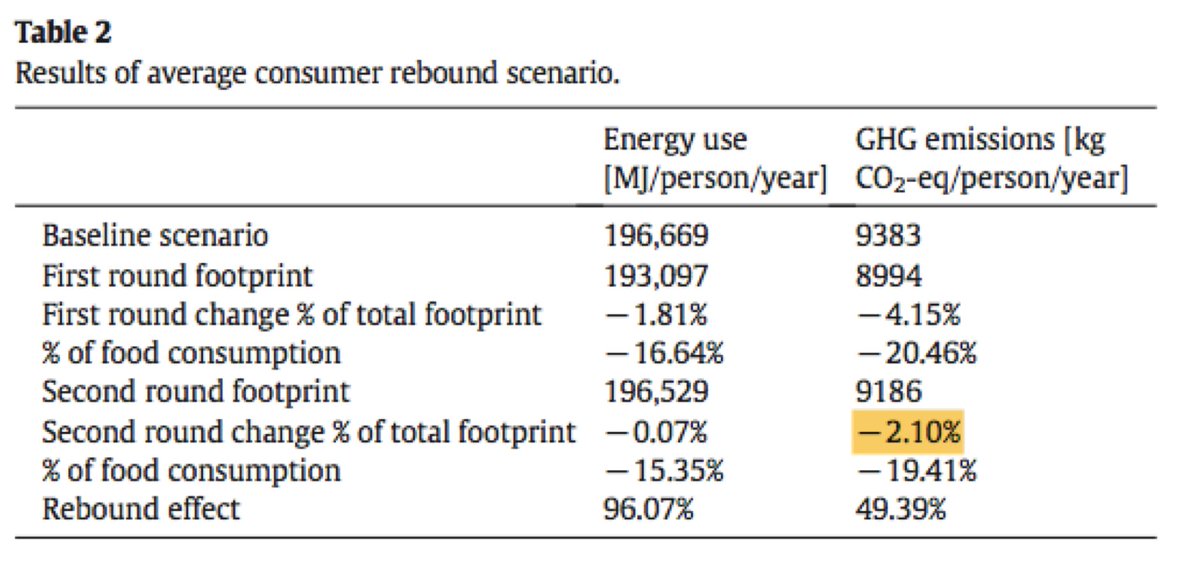
theconversation.com/eating-less-me…
of course, all studies should take all issues into account (they never do)
That’s why you use a meta-study (all papers leave out something, but taking them together eliminates cherry-picking)
It is 52kgCO₂e or 0.42% of impact of going vegetarian
pubs.acs.org/doi/10.1021/es…
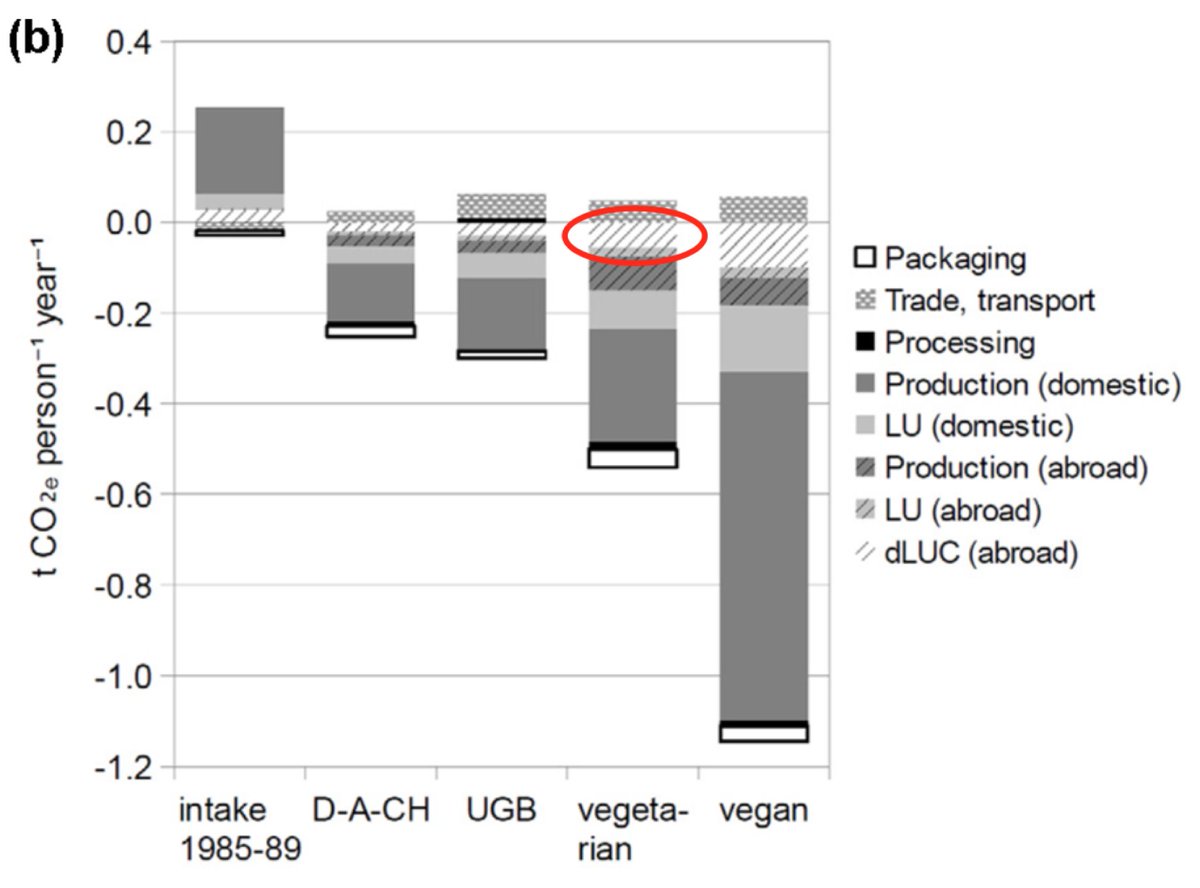
This is well-described in literature, and can often lead to much lower emission reductions (or even increases) e.g. sciencedirect.com/science/articl…
I use Swedish study for rebound. Deforestation has *nothing* to do with rebound
But again, this has *nothing* to do with rebound
But despite a lot of verbiage, they simply ignore the rebound effect
Picking the absolutely highest number and ignoring rebound is extremely likely to be exaggerated
p7, sciencedirect.com/science/articl…)





